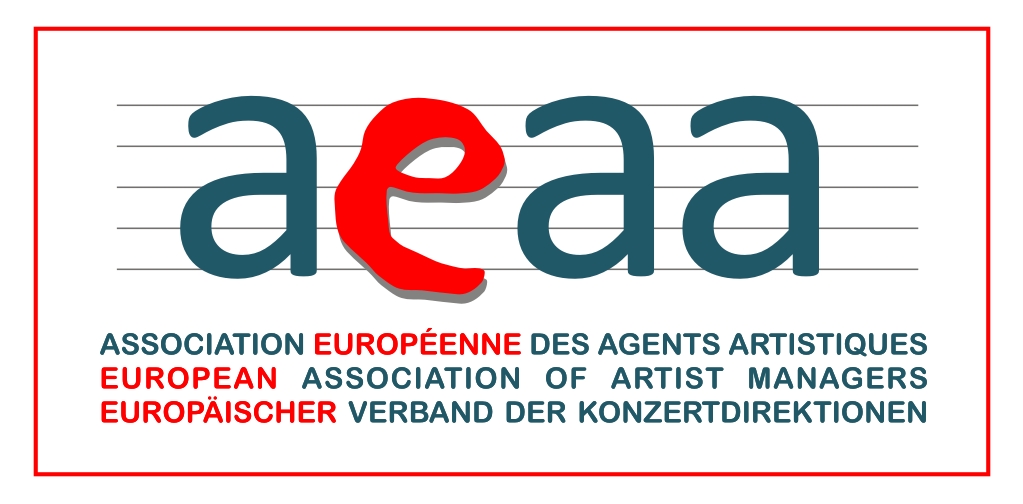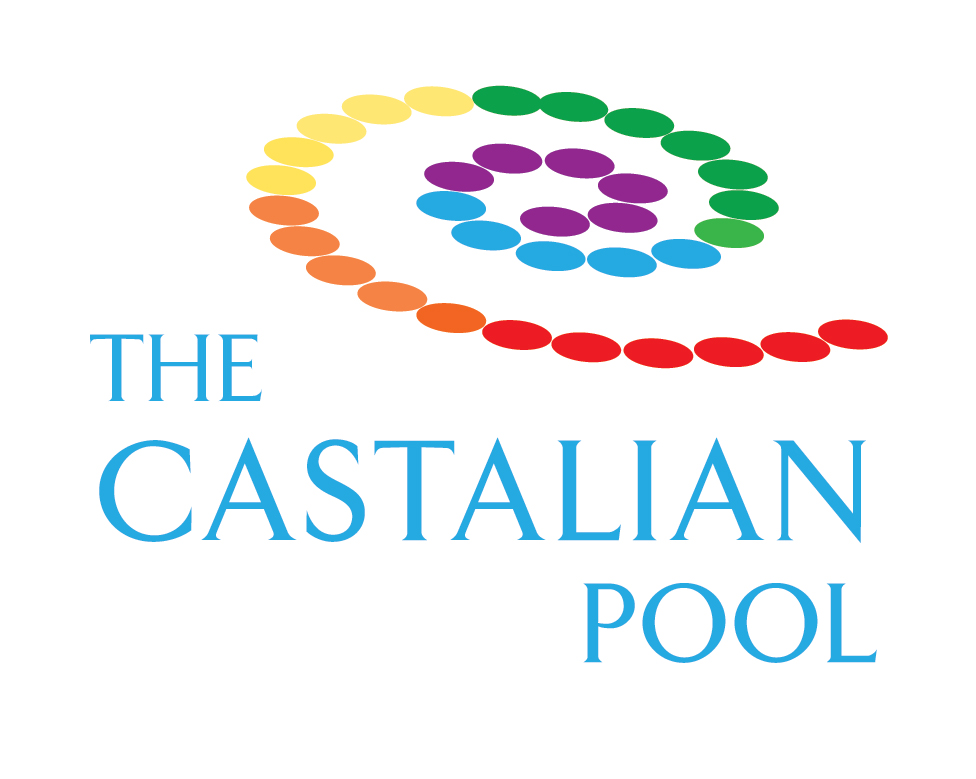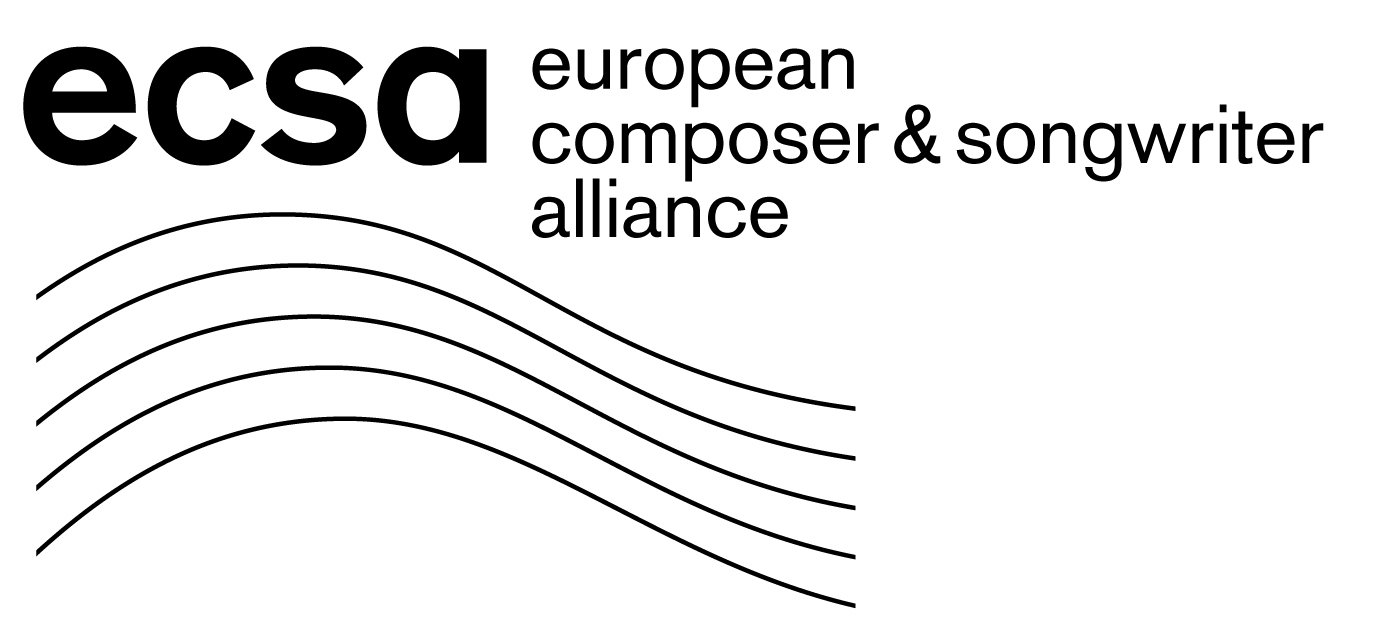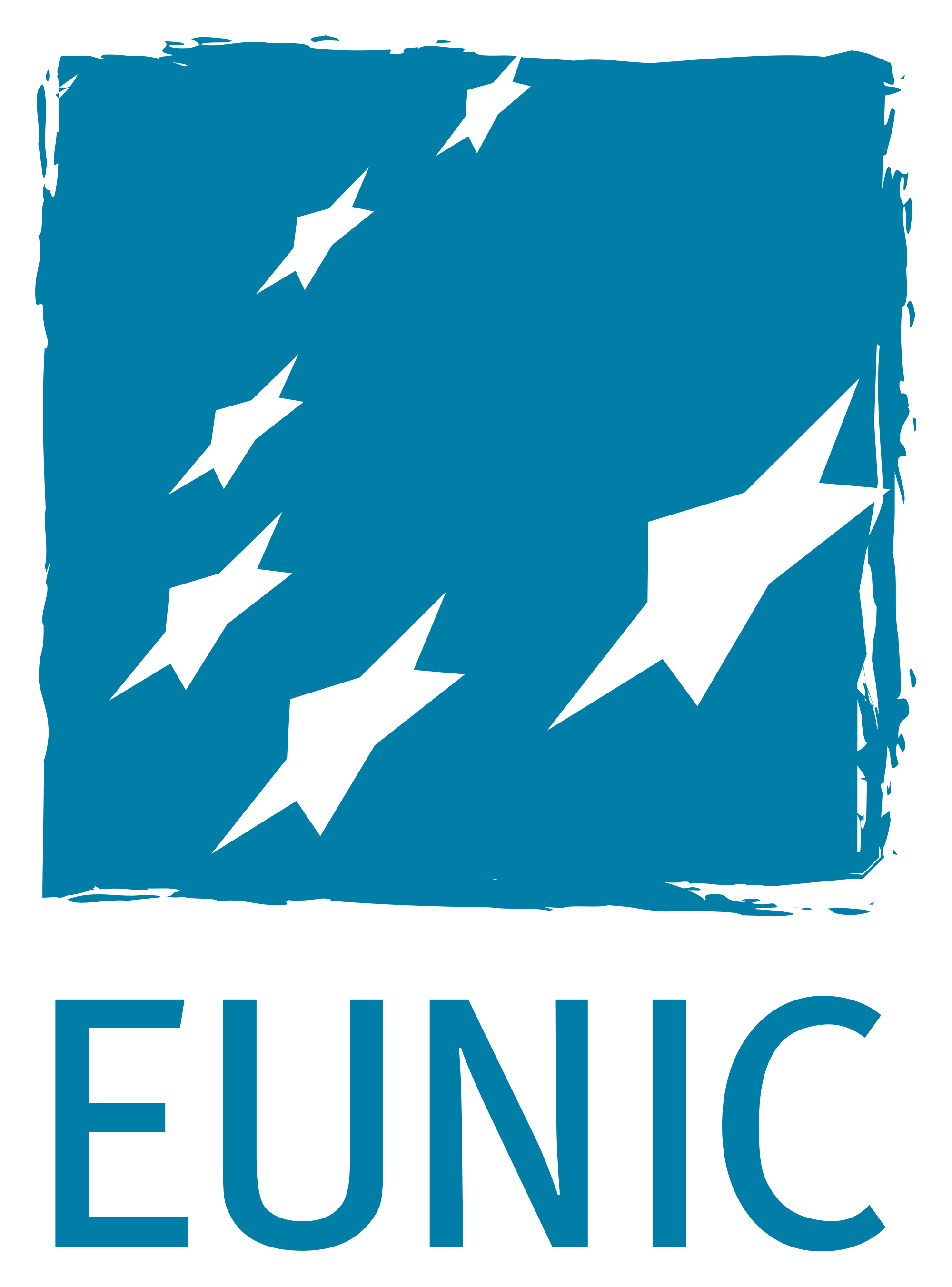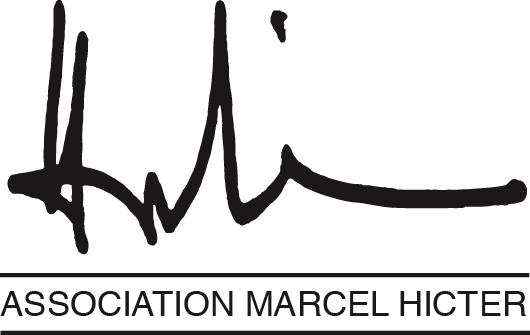Partners
EHfC Partners are the driving force of the House and give life to it. Partners are networks and cultural and civil society initiatives which commit themselves to the EHfC Mission and the domains of interaction.
Partners
- have their office in the EHfC
- sporadically use the EHfC as a host, in particular when there is an activity of their organization in Brussels
- support the EHfC and its ambition/projects and therefore use the House as a ‘postal address’
The European Festivals Association is the initiator of the European House for Culture.
Associated partners
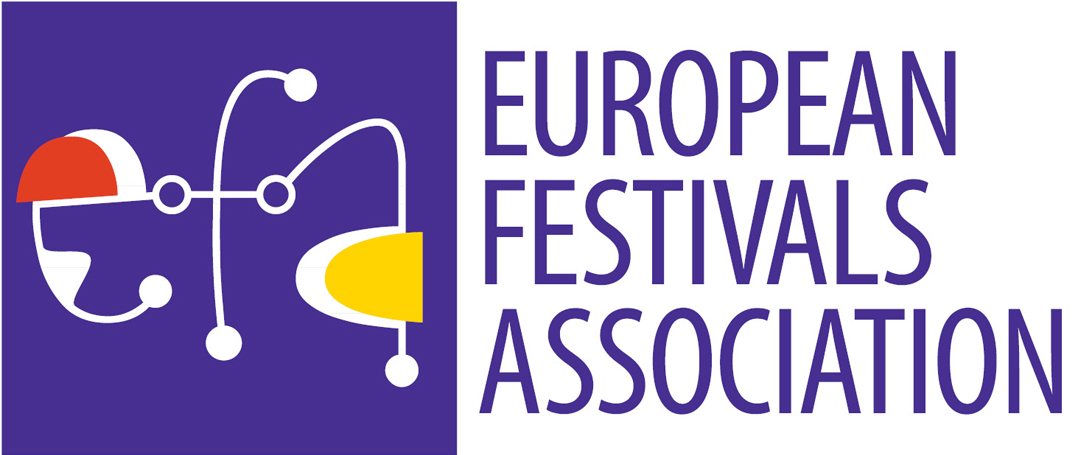 |
European Festivals Association • For more than 50 years EFA has grown into a dynamic network representing more than 100 festivals, national festivals associations and cultural organisations from 40 countries. It is continuously fostering collaborations, creating bridges and promoting an alert attitude of arts festivals to open up to internationalisation, debate, reflection and political engagement in Europe. In particular since its move to Belgium in 2004, EFA has extended its activities to the needs of the sector in general, representing culture and advocating for the importance of culture in a broader European political spectrum. To know more about the network please visit: www.efa-aef.eu |
|
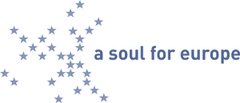 |
A Soul for Europe • A civil society initiative which aims to deliver the strong message that Europe is first and foremost a project of Europeans, made by Europeans, understood best through the capacity of culture! Gathering in its Strategy Group young professionals from 21 different countries it’s the initiative’s firm belief that it’s our duty as individuals to engage on an active citizenship. The European parliamentarian working group ASfE is the bridge between the initiative’s projects and the European level decision makers. To know more about the network please visit: www.asoulforeurope.eu |
|
|
|
|
|
|
|
The Castalian Pool for Cultural and Political Development The Castalian Pool is a pool of expertise, ideas and experience. It sets out to be an instrument of enlightened policy making, forging links between public institutions, NGOs, businesses and the cultural and creative sector. The original Castalian Pool, sacred to Apollo, catches the waters from springs on Mount Parnassus at Delphi and has always been associated, by poets from Ovid to Milton, with bringing inspiration. The aim is to approach cultural and political development as if it were environmental policy: recognising that nothing local takes place without the global context – and that nothing global succeeds without local implementation. This is the principle to which we align our activities. We are convinced that culture can unlock creative potential and spark powerful and sustainable collaborations in times of change. Cultural assumptions and emotional attachments are often at the heart of resistance to change but we also know that culture can unlock creative potential and spark powerful and sustainable collaborations. The Castalian Pool’s objective is to connect and reconnect people by using the arts to challenge existing beliefs, structures and concepts while developing projects and strategies to further cultural and political development. The Members of the Pool help public institutions, NGOs and businesses to develop new synergies through projects and initiatives but also assist those looking for more innovative solutions to old problems. The pool can be brought together anywhere in the world – its core aim is to be accessible to all who can benefit from its approach. For more information please visit: www.castalianpool.org |
|
|
|
European Composer & Songwriter Alliance• ECSA is the voice of composers and songwriters of all music genres at European level. As a professional organization ECSA represents 36 organisations of Composers and Songwriters in 28 European countries and speaks for over 12 000 European composers and songwriters. The alliance is formed by the three main genre specific federations of composers in Europe: APCOE - the Alliance of Popular Music Composers of Europe, ECF - the European Composers Forum (The Association of Art & Classical Music Composers in Europe) and FFACE - the Federation of Film and Audiovisual Composers of Europe. ECSA’s principal aim is to defend and promote music authors’ rights at national, European and international levels by any lawful means. To know more about the network please visit: www.composeralliance.org Read the ECSA Position Paper on Collective Rights Management here.
|
|
 |
ENCATC • With over 100 members in 40 countries and 3.000.000 multipliers, ENCATC is the leading European network on Arts-Cultural Management and Cultural Policy education. Founded in 1992, ENCATC represents all disciplines in the arts and culture, is an NGO holding the status of official partner of UNESCO and of observer to the Steering Committee for Culture of the Council of Europe. Through eight thematic forums, a wide range of projects, activities and events, ENCATC offers academics, researchers, cultural operators, students, artists, and policy makers a platform to transfer knowledge and share ideas, projects, methodologies, experiences and research. In line with its mission and aims, ENCATC activities are structured around five complementary strands of work: advocacy, networking, capacity building, research, and communication. To know more about the network please visit: www.encatc.org |
|
|
|
The European Theatre Convention (ETC) is a pan-European non profit-making and artistically driven organisation representing the publicly funded theatre sector with over 40 members in 25 countries whose aims are: To create, protect and promote the art of theatre and its linguistic diversity in Europe and beyond; to act as transnational theatre collaboration network to foster cultural diversity and intercultural dialogue with a strong focus on multilingualism, artistic education and European citizens in theatre; to act as platform for professional exchange, development and capacity building of theatre makers in an international context; and to act as representation and advocacy network of the public theatre sector on EU, Member states and local level. Based in France, the ETC has opened in summer 2011 a new office at the Deutsches Theater Berlin in Germany and is represented as partner of the European House for Culture in Brussels, in Belgium. To know more about the network please visit:www.etc-cte.org
|
|
|
|
EUNIC is the network of the international cultural relations institutes from the member states of the European Union. Formed in 2006, it has 30 members from 25 countries. |
|
|
|
|
|
|
|
International Society for the Performing Arts ISPA • Gathering 350 individuals, organizations and institutions from more than 50 countries around the world ISPA was the first network to join forces with EFA having signed the first ever declaration to set up the European House for Culture on the 8th June 2007 following the EFA/ISPA conference ‘Cultural networks at work’. To know more about the network please visit: www.ispa.org |
|
|
|
Marcel Hicter Association • The Marcel Hicter Association is promoting cultural democracy and citizen empowerment at the European level by action-research projects and training programmes in Belgium, Europe & Africa. Its goals aim at enabling operators to build bridges between the evolution of cultural practices and new needs concerning working methods and skills to develop on the cultural co-operation scene in Europe. To know more about the organization please visit: www.fondation-hicter.org |
